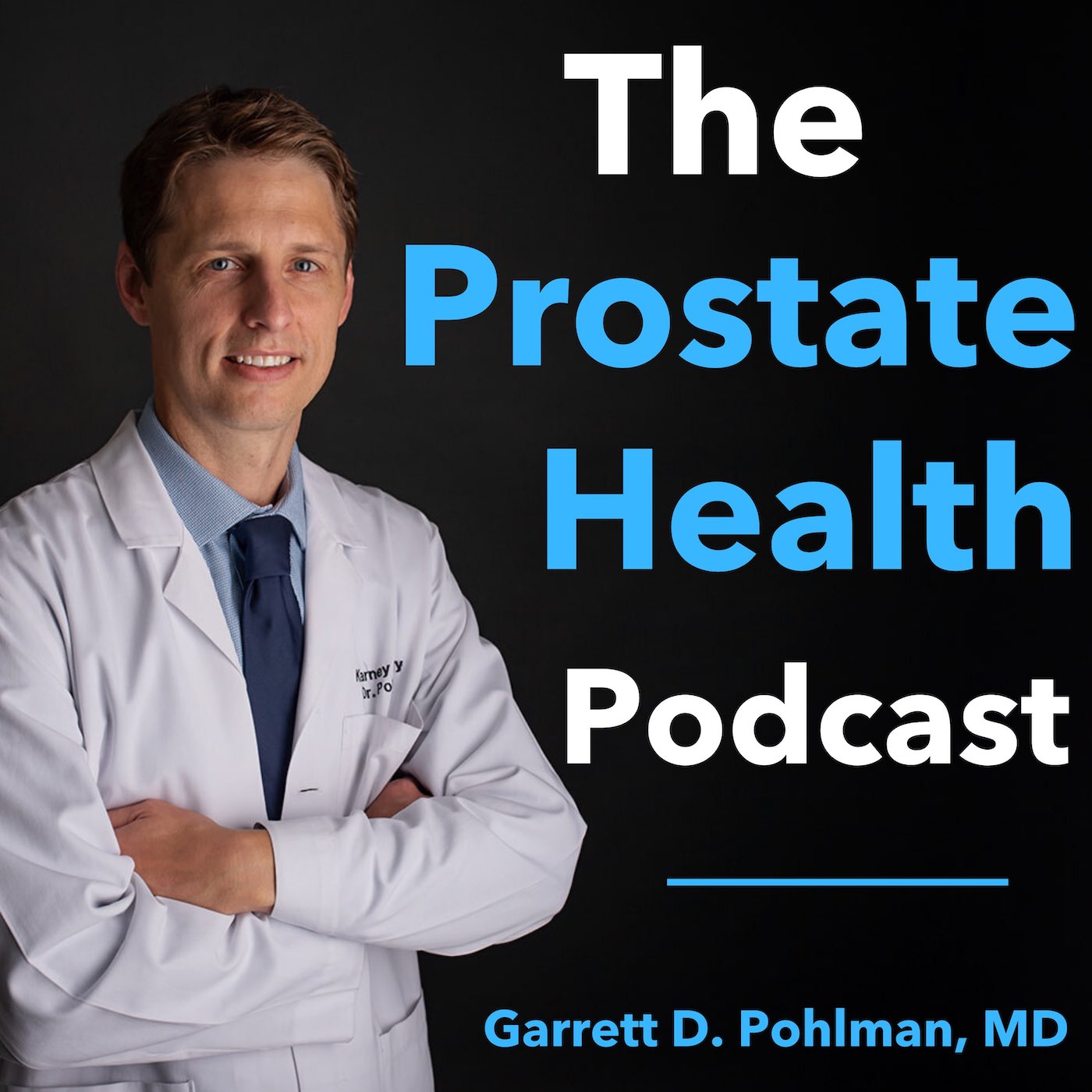The outcomes of prostate cancer can differ vastly. Some patients have slow-growing cancer that will never threaten their health, while others have aggressive cancer that progresses quickly. Urologists have a variety of new tools available to help them match the patient with the right course of treatment. Those tools range from cutting-edge tests to expose the molecular basis of the cancer to imaging techniques that can allow for the precise targeting of the cancer. A urologist who understands the use and limitations of those tools is critical for attaining the best outcomes.
We have a very special guest joining us today! We are happy to welcome Dr. Chris Barbieri, a urologist from Weill Cornell Medicine! The above opening statement was taken from his personal statement, and he remains committed to it. He also remains at the forefront of prostate cancer care in the 21st century.
Dr. Christopher Barbieri attended Vanderbilt University School of Medicine, where he obtained both his MD and Ph.D. degrees. He completed both his Urology Residency and Urologic Oncology Fellowship at Weill Cornell Medical College. Dr. Barbieri’s research interests include using genomic data to define distinct molecular subclasses of urologic malignancy, with a specific focus on prostate cancer. His work has led to recognition as a Prostate Cancer Foundation Young Investigator and a Urology Care Foundation Research Scholar; he is also the recipient of a Career Development Award from the National Cancer Institute to fund his work on prostate cancer.
In addition, Dr. Barbieri has also been recognized as a Rising Star in Urology Research by the American Urological Association, and with a Clinical Investigator Award from the Damon Runyon Cancer Research Foundation. He is a prostate cancer surgeon and a highly active researcher in prostate cancer genomics in the Sandra and Edward Meyer Cancer Center at Weill Cornell. That has allowed him to stay at the forefront of prostate cancer in the 21st century and deliver the best possible care to his patients. Be sure to stay tuned for more!
Disclaimer: The Prostate Health Podcast is for informational purposes only. Nothing in this podcast should be construed as medical advice. By listening to the podcast, no physician-patient relationship has been formed. For more information and counseling, you must contact your personal physician or urologist with questions about your unique situation.
Show highlights:
- Dr. Barbieri explains why there is no one-size-fits-all solution when it comes to prostate cancer treatment.
- Some of the initial factors can be looked at to distinguish between men with low-risk prostate cancer and those with higher-risk disease.
- Dr. Barbieri explains how patients can be better guided in determining which cancers might be more aggressive versus those that might be less aggressive.
- The difference between genomic testing and genetic testing for prostate cancer.
- Dr. Barbieri discusses various scenarios related to genomic testing.
- Dr. Barbieri explains how genomic testing helps him counsel men in the grey area of cancers that can safely be observed after a biopsy versus more serious forms of prostate cancer.
- Dr. Barbieri does not advocate for any specific genomic test or company. They are all reliable with good performance characteristics.
- Dr. Barbieri talks about the role that genomic testing for prostate cancer plays for men who have already undergone a radical prostatectomy.
- There are many new and exciting developments happening in the field of prostate cancer. Dr. Barbieri urges men to keep themselves informed of those.
Links:
Follow Dr. Pohlman on Twitter and Instagram – @gpohlmanmd
Get your free What To Expect Guide (or find the link here, on our podcast website)
Join our Facebook group
Follow Dr. Pohlman on Twitter and Instagram
Go to the Prostate Health Academy to sign up for the wait-list for our bonus video content.
You can access Dr. Pohlman’s free mini webinar, where he discusses his top three tips to promote men’s prostate health, longevity, and quality of life here.


Recent Comments